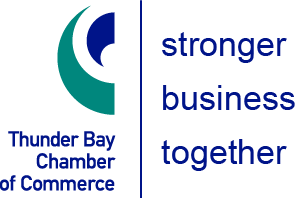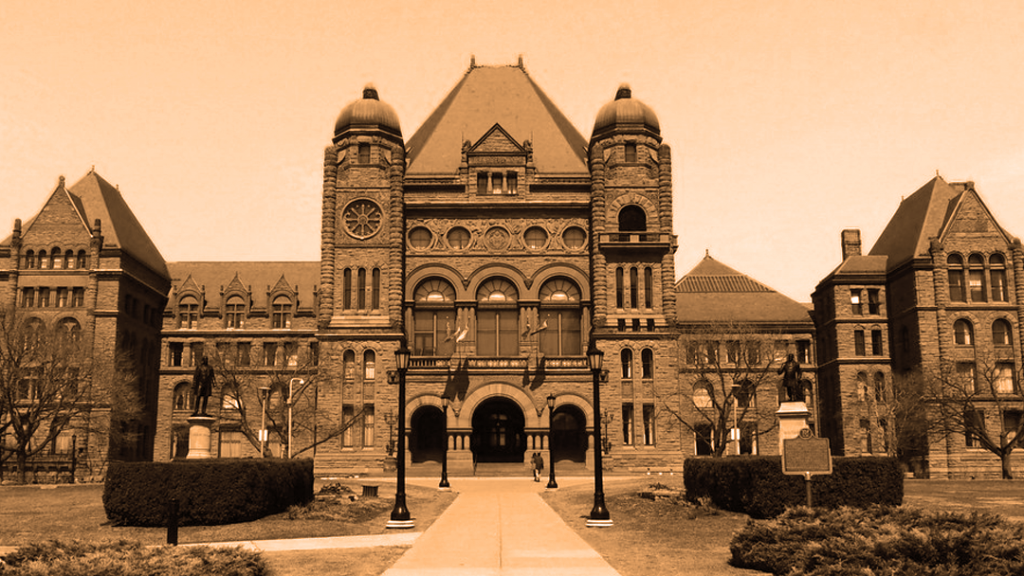Issue
Businesses in Ontario that need to hire foreign talent to fill specific roles face even greater challenges with the Non-Resident Speculation Tax, which is an additional tax placed on foreign nationals and foreign corporations purchasing a home in the province. While there are exceptions for the tax, it needs to be reconsidered in its entirety.
Background:
The Non-Resident Speculation Tax (NRST) is applied to the purchase or acquisition of an interest in residential property location anywhere in Ontario by individuals who are foreign nationals or by foreign corporations or taxable trustees.1 Implemented in 2017 under the Kathleen Wynne Liberal government, it was intended to quell the trend of foreign speculators looking to turn a quick profit.
Originally, the NRST applied to properties purchased in the Greater Golden Horseshoe Region at a rate of 15%. However, as part of the More Homes for Everyone Act, the NRST was expanded provincewide in March 2022 and the rate was increased to 20 per cent. Then, on October 24, 2022, the Province raised the tax to 25 per cent.
The Minister of Finance told Ontarians in March 2022 that the province was adopting “the most comprehensive Non-Resident Speculation Tax in the country,” because young families, seniors and workers are desperate for housing that meet their needs. However, a lack of housing supply and rising costs have put the dream of home ownership out of reach for many families.
While it is understandable that the NRST is meant to discourage foreign speculation, the Ministry of Finance has failed to see the extenuating impact its expansion to the rest of the province, particularly Northern and rural Ontario, has had on a company’s ability to attract skilled foreign workers.
Attracting labour is already a significant provincial issue for many businesses, but it is even more difficult for those businesses in Northern and rural Ontario. The shortage of skilled workers is well documented. It has been historically difficult for companies in northern and rural communities to find strong Canadian or foreign national candidates for a wide variety of positions. While most companies prefer to hire Canadian candidates whenever possible, they are sometimes left with no other option than to hire international talent.
For example, a prominent employer in Greater Sudbury said it is experiencing its own issues with the NRST, stating the tax will have ongoing and serious implications on the company’s ability to attract international applicants with specialized skills in the mining industry. Exacerbating the situation is the long processing time for immigration and permanent residency. That company is adamant the NRST will deter candidates from accepting offers of employment in Northern Ontario communities. This mining company states there is an overall demographic problem that exists in Canadian mining today whereby the mining industry continues its aggressive expansion, resulting in fierce competition between large and small organizations for experienced professionals. This means that any potential candidates have multiple career options at their disposal. Despite the company’s best efforts, extensive recruitment efforts do not always result in sufficiently strong Canadian or Permanent Resident candidates to fill important mining roles.
There are few exemptions to this tax. The Ontario Immigrant Nominee Program (OINP) affords an exemption to all foreign applicants seeking gainful employment in Ontario. The province also offers exemptions if the foreign national has refugee status or is purchasing property with a Canadian spouse.
Five communities in Northern Ontario have been successful in working with the federal government to implement the Rural and Northern Immigration Pilot (RNIP), which allows eligible employers to make full-time, permanent job offers to skilled foreign workers who can help fill identified labour shortages in the community.4 Successful RNIP candidates are also fast-tracked for permanent residency. Purchasing a home without the added burden of the NRST will support retention in these communities. Since 2020, these five communities have recruited hundreds of skilled workers, who bring their family members with them. These new immigrants are not provided the same exemption as foreign nationals under the OINP.
Recommendation
The Ontario Chamber of Commerce urges the Government of Ontario to:
- immediately expand the exemption to the NRST to include participants in the Rural and Northern Immigration Pilot, as well as those awaiting permanent resident status (eg: Afghan Initiative and Ukrainian Initiative arrivals) and post-graduation work permit holders living in Ontario communities.















